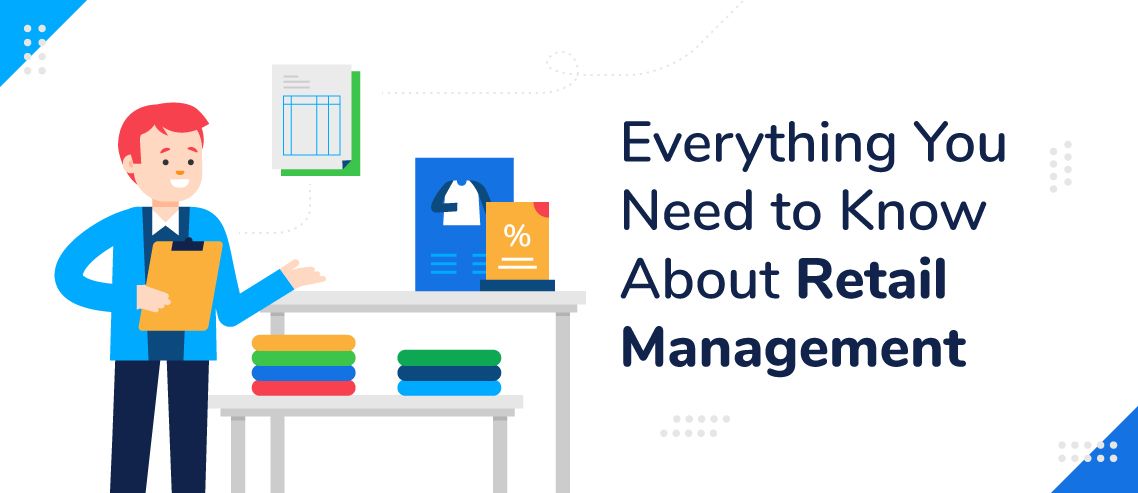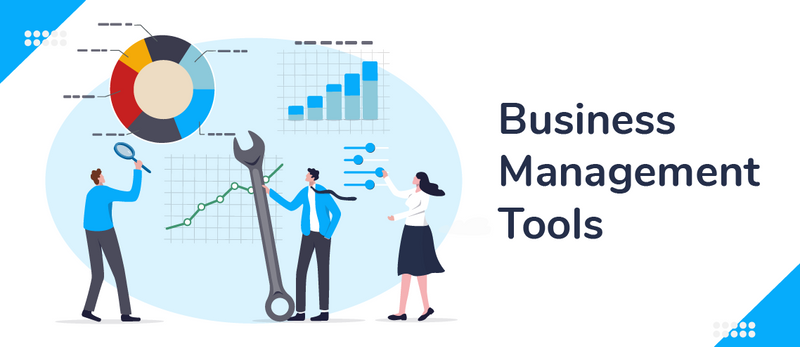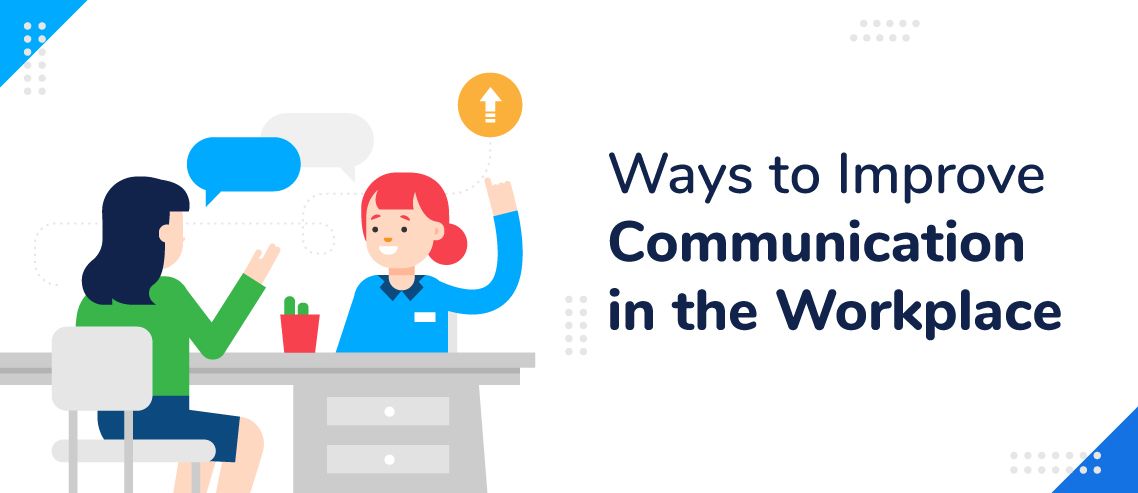Everything You Need to Know About Retail Management

Most retail managers wear a lot of hats – they are counselors, coaches, mediators, designers, negotiators, and salespeople.
The store’s fate rests in their hands, and a lot of people are counting on them to keep their superiors, staff, and customers satisfied.
Getting it all right is a tall order. Retail management isn’t for everyone, but if you’re feeling overwhelmed or unsure of yourself, then you’ve come to the right place.
In this article, we’ll break down everything you need to know about retail management to ensure that you’re as successful as possible.
Realize That You Can’t Do It All
Problems will pile up, fires seem to light themselves, and there’s never enough time in a day to get it all done. The best thing you can do as a retail manager is to let go. Let go of the frivolous details that nobody is paying attention to and free yourself from any unrealistic expectations that you’re trying to live up to.
You have to avoid time-wasters, handle interruptions, and say no to unreasonable demands. Ultimately, you have to say no, delegate, and prioritize. One way to prioritize is by using the Eisenhower box.
President Eisenhower’s strategy for prioritizing is rather simple in theory. You bucket all of your tasks into the following four categories:
- Urgent, but also important for tasks you’ll do immediately.
- Important, but not urgent for tasks you’ll schedule to do later.
- Urgent, but not important for tasks you’ll delegate to someone else.
- Neither urgent nor important for tasks you’ll eliminate.
Using this approach, you should spend as much time as possible on your important, but not urgent tasks because that’s where you’ll move the needle the most.
Understand That It’s Not a Popularity Contest
You can’t please everyone, and if you try, you’ll make yourself miserable. It’s a lesson many retail managers never learn, so if you internalize this now, you’ll be lightyears ahead of your peers.
You’ll have to make decisions that won’t be popular. There will be times you have to say no, and that won’t always go over well. Don’t let a couple of disgruntled employees distract you from the greater goals of the company.
To keep your sanity, try keeping the needs of the greater team and store at the forefront of your mind. Find ways to be transparent, and tie your decisions back to the overall vision of the company.

Mastering Core Skills Will Serve You Well
As a retail manager, you’re constantly juggling a lot of tasks and obligations. To be successful, you’ll need to lean on your:
- Problem-solving skills, so you don’t get overwhelmed when things go awry.
- Professionalism, because there will always be moments that test your patience.
- Math skills to stay on top of inventory, payroll, and general accounting.
- Negotiation skills, because you can’t be a pushover to your staff, superiors, or suppliers.
- Communication skills, since the bulk of what you do all day as a retail manager is talk to people.
You’ll also need to be a self-starter who is results-focused – otherwise, your tenure as a retail manager will be short-lived.
Leadership Trumps Management Every Time
The most effective way to improve your performance is by empowering your staff. There needs to be some form of self-management and an atmosphere of trust; otherwise, every little decision will fall on your plate until it inevitably breaks under pressure.
The secret to effective leadership is rather simple:
- Do what you believe is right
- Paint a vivid picture of an alluring future
- Find a way to get there
Do that and people will naturally follow. Along the way, find ways to challenge your team. Carve out time for coaching, set some clear performance goals, and find ways to help them realize their full potential.
The Customer Experience Is Your North Star
This entire machine will cease to exist without the satisfaction of customers. As you make any decision, big or small, ask yourself:
“Does this improve the customer experience?”
It can’t be stressed enough. Every decision you make in a day (and there are a lot of them) should be looked at through this lens.
Keep it in mind when creating your staff schedule, when deciding how to handle conflict, and when you’re hiring.
It’s Far More Than Just Sales
A retail store is a complex machine chock-full of behind-the-scenes functions, ranging from purchasing and inventory management to customer service and even cleaning.
It all comes together in a dazzling way that provides a clean, fully stocked store, friendly faces, and an experience the customer should admire.
To make that happen, you can expect a balancing act between:
- Installing and maintaining store displays
- Executing sales promotions
- Interviewing and onboarding new employees
- Monitoring the budget
- Leading sales training
- Managing vendor relationships
- Restocking and auditing inventory
- Conference calls with ownership or corporate offices
And more – lots more. The work seemingly never ends, which is why it’s crucial to delegate and automate as much as possible. Embracing technology is the path forward, and scheduling software like ZoomShift can ease the heavy burden you’re facing.
ZoomShift’s scheduling templates make it easy to create staff schedules in minutes versus hours and quickly share them with your team, so everyone’s always on the same page. You also get to banish the back-and-forth messaging that usually comes with swapping shifts because ZoomShift empowers your staff to cover their own shifts by easily communicating to all available reps they’d like to trade.
As you can see, investing in technology that automates and streamlines your current processes saves you precious time and resources. Be the leader you always wanted to be and invest in software that enables that.
What other questions do you have about retail management? Tell us in the comments below:
JD enjoys teaching people how to use ZoomShift to save time spent on scheduling. He’s curious, likes learning new things everyday and playing the guitar (although it’s a work in progress).



